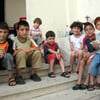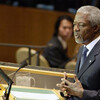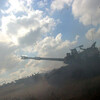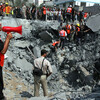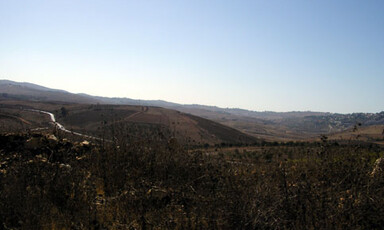
Lebanon: The pride of my heart
Beirut 16 July 2006
To all of you who sent messages and emails of concern and support, and who called my family in the US to make sure I am safe. I am so, so touched. What can I say - I am living a nightmare. Just last week, Lebanon was expecting 1.6 million tourists, a record number since before the civil war. We were expecting $4.4 billion to be injected into our economy. Now it’s in shambles. Imagine a militia in the US that acts on its own and kidnaps two Candian soldiers, imagine Canada in response bombing our ports, roads, bridges, residences, neighborhoods - killing US citizens, destroying lives, creating refugees … stopping life. Lebanese did not want this war … we are fed up; we have no voice. Read more about Lebanon: The pride of my heart
